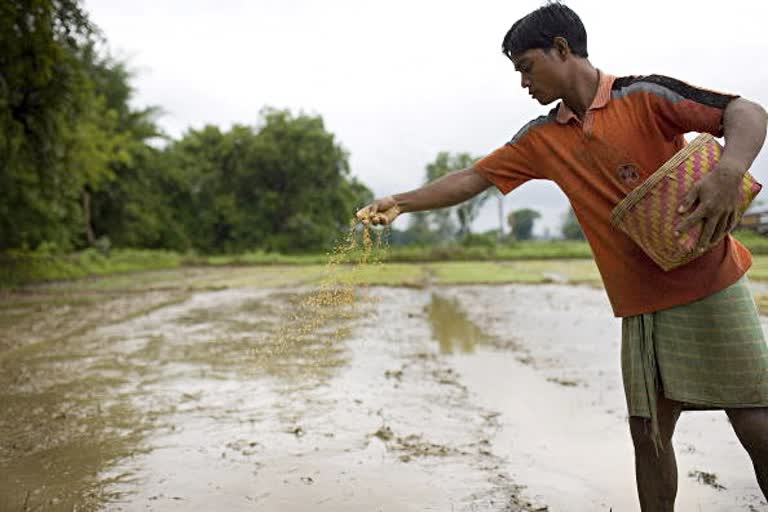Hyderabad: Indian seed sector lost one of its biggest seed export markets when the governments of India and Pakistan moved to suspend trade relations between the two countries. The political climate hasn’t been the most favourable recently, but this New Year is an opportunity to separate politics and economics for the benefit of farmers on both sides of the border.
The Gujarati community is renowned for their business acumen, and our Prime Minister Narendra Modi is one of Gujarat’s sons must understand that India loses more from this trade embargo.
Pakistan has been our third top destination for fruit and vegetable seeds for many years. In 2018-19, India exported USD 17,528,530 worth of fruit and vegetable seeds and 2017-18 that number was USD 14,160,248.
It’s a 3 million USD increase from the previous year, and perhaps wealth generated from trade would have grown as Indian seeds are very popular in Pakistan, due to similar agro-climatic conditions, quality and unmatched culinary value.
Imagine this wealth is generated only from the trade of the fruit and vegetable trade, what about other seeds like cotton, cereal, etc? Germplasm and plants care little for borders but they do care more for favourable soil, climate and water, as a result, North India supplied a lion’s share of all types of seed to Pakistan.
These included paddy, wheat, legumes, cotton, etc. Indian varieties do very well in Pakistan because over time they have adapted to similar growing seasons, monsoon and soils.
The Indo-Pak seed trade was INR 1300-1500 crores each year. And the industry estimates the trade going up to 2000 crores in the coming years. That’s 2000 crores pumped straight into the pockets of farmers and seed breeders.
The prosperity it brings across the border can be another great example of Indo-Pak partnership. But by banning seeds exports, we are shooting ourselves in the foot.
Apart from the export seed stock losses on the Indian side, the Pakistani side experienced disruption of seed supply and thus generating a large gap.
But the vacuum created by this ban is being used by Chinese seed companies to expand in Pakistan. This ban facilitates a Chinese takeover of the Pakistani seed industry. While Indian farmers and seed sector are losing millions of dollars, the Chinese seed sector is now growing operations in Pakistan, now has access to Pakistani germplasm, which may in the future, be detrimental to the interests of the Indian seed sector.
The Pakistani government and the Chinese are already working to develop a hybrid variety of ‘Basmati’ and the Pakistani prime minister Imran Khan recently in statement prioritized agriculture and wanted deeper cooperation with China.
Although the Chinese seeds don’t match up to the Indian varieties in their culinary value, it’s only a matter of time, economics and high yields naturally exhaust the demand for Indian seeds.
They work both sides of the border, like many other MNCs seed firms and profit the most from the trade embargo. They biggest losers again are Indian and Pakistani farmers and seed breeders.
Business as usual
As a new wave of hatred is slung by each country’s media, reality may be stranger than fiction. Even in this period, India is giving Pakistani citizens visas to attend weddings, etc. And so is Pakistan. Both governments realize the political difference but are also pragmatic.
